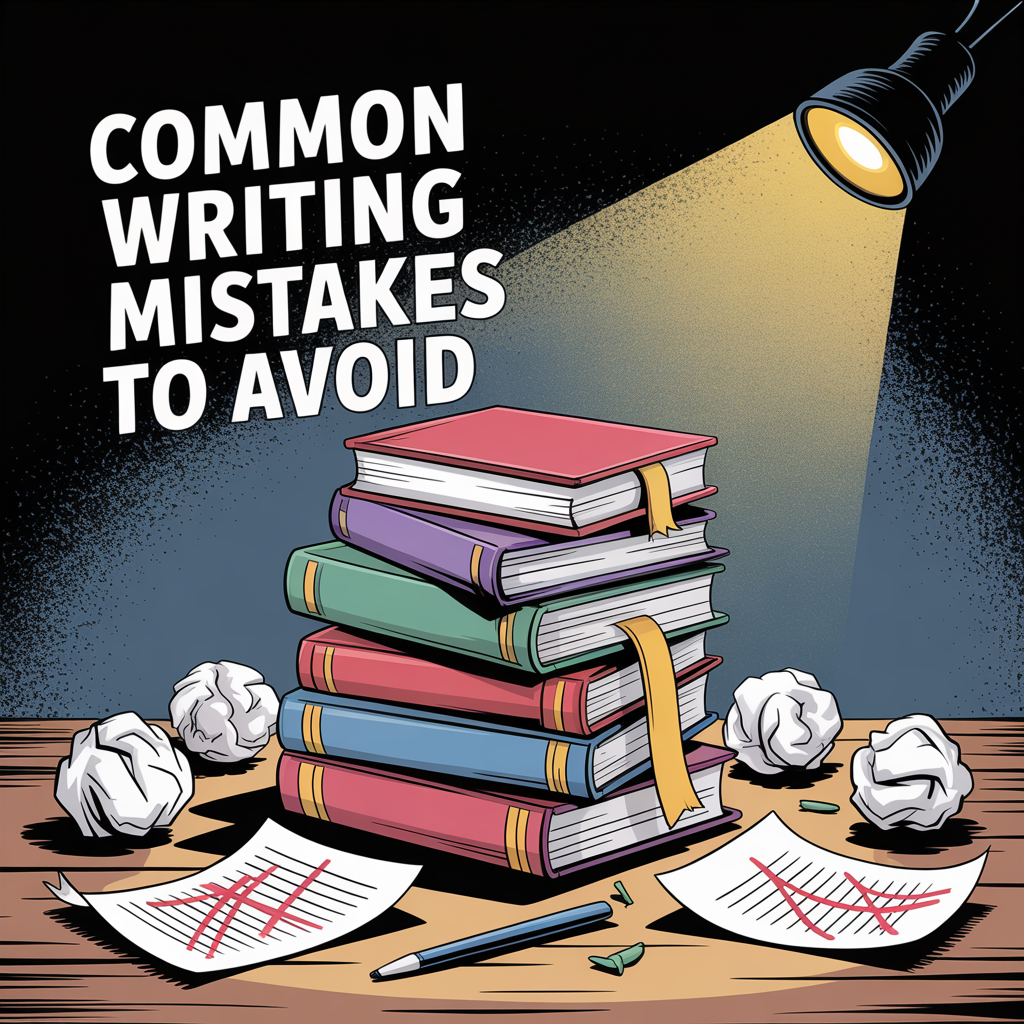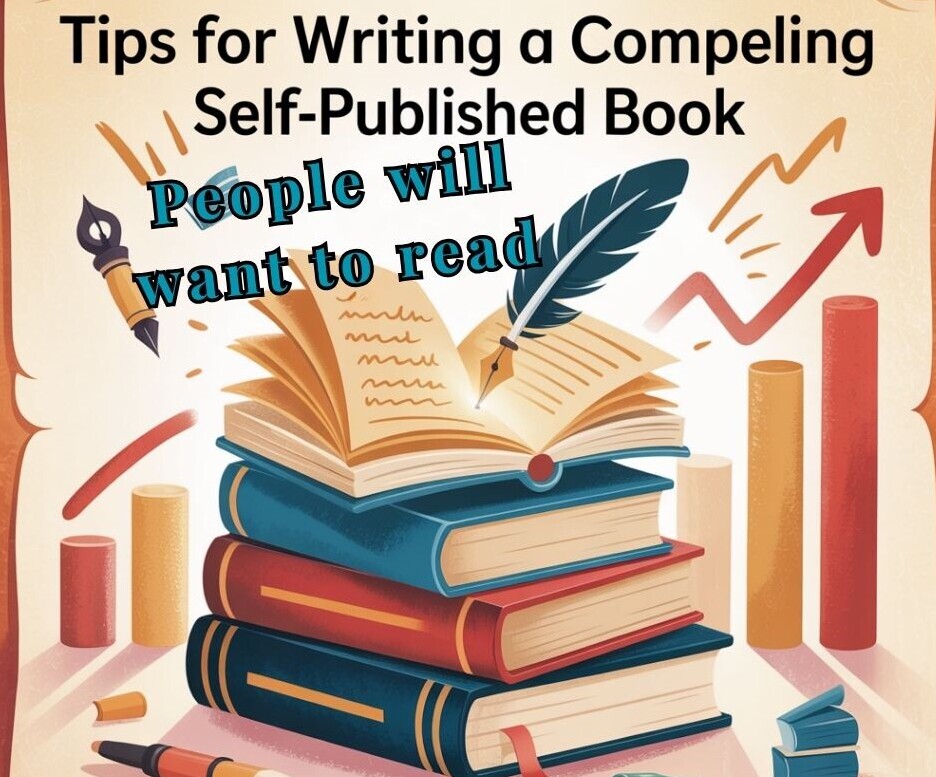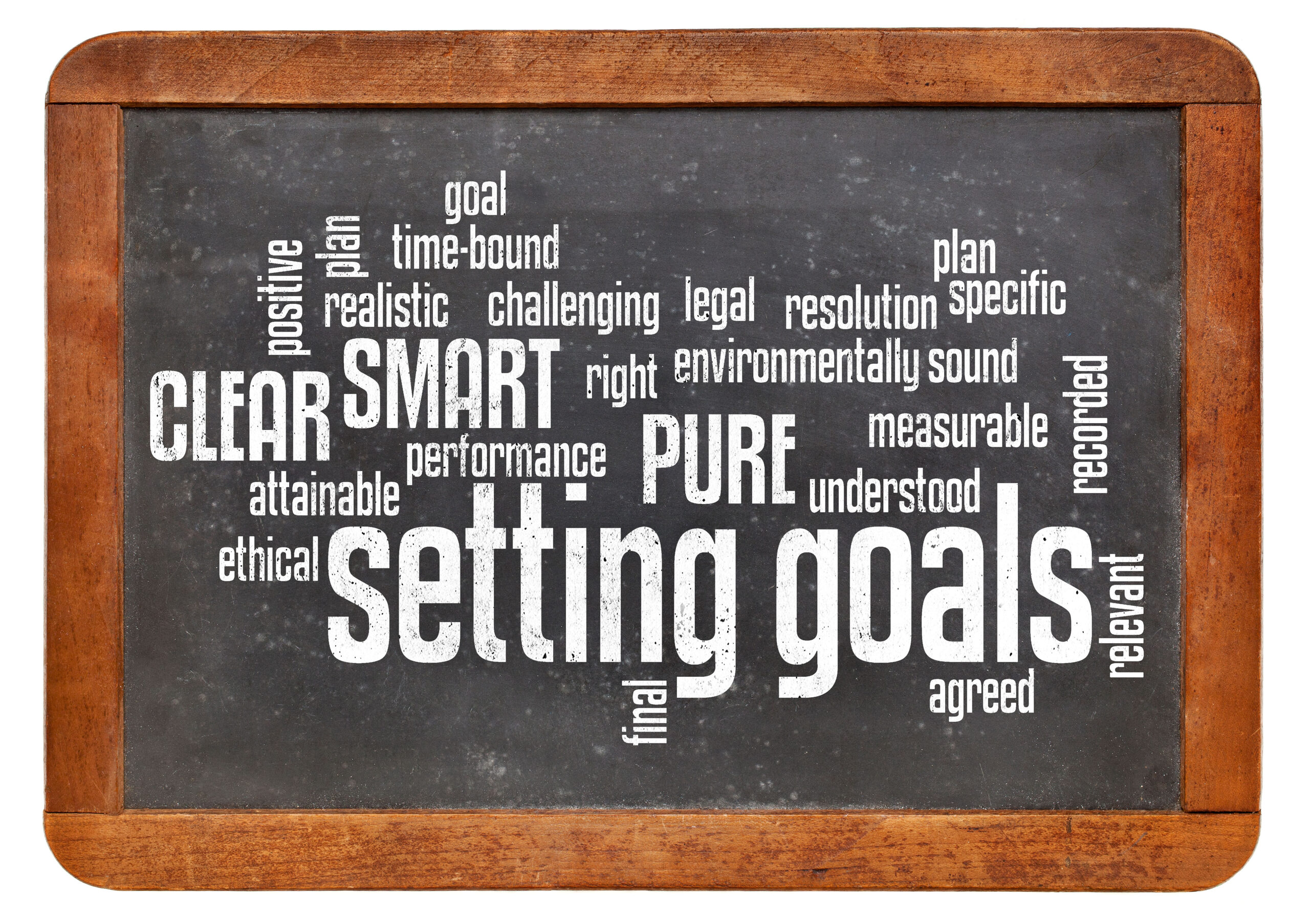How To Decide If Self-Publishing Is Right For You

Understanding the Publishing Landscape: Traditional vs. Self-Publishing
In the world of publishing, it’s all about choosing the path that aligns best with your personal goals and resources. You’ve got the big guys—traditional publishers who usually handle most of the heavy lifting, like editing, marketing, and distribution. This option can mean less upfront cost for you, but also less control over the book’s final product. You might need an agent to get in the door, which can be a slow process.
On the flip side, self-publishing empowers you to be the boss. You’re calling all the shots, from the cover design to the marketing strategy. It’s quicker, and you usually get a higher percentage of the earnings. But, you’re also the chief of everything, meaning you’ve got all the responsibility for upfront costs and getting your book out there into the world. This control can be a source of confidence and empowerment.
At the end of the day, it’s about what you value more—control and speed or support and reach. Both paths have their perks and hurdles, so it’s crucial to consider what matches your strengths and what you’re comfortable handling. A deep dive into what each path can offer versus what it demands from you is key to making an informed decision.
Identifying Your Goals and Objectives for Publishing
When contemplating your publishing journey, it’s vital to pinpoint precisely what you want to achieve. Are you aiming to share your knowledge and expertise with the world, or perhaps you dream of seeing your work on bestseller lists? Understanding these objectives will guide your decision on which publishing path to take.
Some folks chase the prestige and wider market reach that traditional publishing can bring. In contrast, others crave artistic control and higher profit margins, which is typical of self-publishing. Maybe you’re in it for the career opportunities, the validation, or connecting with potential readers. Each goal influences which route is right for you.
It also pays to set realistic expectations about how you’ll measure success. Is it purely about making money? Or perhaps it’s about personal fulfillment, building a reputable brand, or establishing a loyal readership. Clearly defining these metrics helps you align your strategies with your endgame, keeping you prepared and focused on your goals.
Take some time to reflect on what truly drives you to publish in the first place. Hone in on your motivations. Then, align those desires with what each publishing option offers, ensuring you pursue a path that will ultimately fulfill you.
Assessing Your Resources: Time, Financial, and Skill Investment
Preparing to become a self-published author isn’t just about writing a great manuscript. It’s essential to take a hard look at the resources you have at your disposal. Time is a massive factor—self-publishing means you’re in charge of everything from editing to marketing, which can be time-consuming.
Financially, you’ll need to be ready to invest in your book before any money comes rolling in. That might mean hiring editors, designers, or paying for marketing services. Having a budget laid out early is smart, so you’re not caught off guard later.
And then there’s the skillset side of things. Self-publishing demands more than just writing chops. Consider the skills you might need, like understanding basic graphic design for your book cover or having a handle on social media marketing. If those aren’t in your wheelhouse, getting help from professionals or investing time in learning can be crucial.
Balancing these elements is often the key to a successful self-publishing venture. Know what you can handle yourself and where it makes sense to bring in experts. Being well-prepared can make the journey smoother and more rewarding.
The Role of Experience and Expertise in Self-Publishing
When self-publishing, your personal experience and expertise play a big role in shaping your approach. If you’ve got a solid background in writing or marketing, you’re already a step ahead. Leveraging these skills can make the whole process less daunting and more enjoyable.
Think about what you’ve learned from past projects or your current job. Maybe you’ve dealt with project management or have a knack for social media—these are assets in the self-publishing world. If your experience is limited, that’s okay too—there’s a wealth of resources out there to help you get up to speed.
Sometimes, enlisting the help of professionals is the way to go. This could mean working with freelance editors or graphic designers. It’s all about filling in the gaps where you might lack expertise. In the long run, solid expertise impacts the quality of your book and the effectiveness of your publishing strategy.
Learning from those who’ve walked this path before can also be invaluable. Established self-published authors often share their journeys openly. Tapping into these stories or attending workshops can provide the insight and inspiration you need to move forward confidently, making you feel inspired and supported in your journey.
Building Your Author Platform: Marketing and Branding
Creating a successful book doesn’t stop at writing. As a self-published author, you’re often your own marketing team. Building an author platform is crucial in getting your book in front of the right audience.
Start by establishing a strong online presence. This could be a professional website, active social media profiles, or a blog where you engage with readers. These platforms act as your digital domain where potential readers can learn more about you and your work.
Branding is another vital component. Think of your brand as your promise to readers about what they can expect from your books. Consistency across your promotional materials and your books helps establish recognition and trust.
Engaging directly with your audience through newsletters or reader groups can build a loyal following. This personal connection encourages readers to champion your work within their social circles, amplifying your reach through word-of-mouth.
Marketing doesn’t have to be daunting. Break it into manageable tasks, like setting up a launch plan, reaching out to book bloggers, or planning virtual book tours. Even small, consistent efforts can drive awareness and sales over time.
Legal and Rights Considerations in Self-Publishing
Self-publishing gives you the reins, but it also means you’re in charge of safeguarding your work. The first step is understanding your rights as an author. When you self-publish, you typically retain all your rights, giving you complete control over your content’s use and distribution.
It’s vital to familiarize yourself with common legal terminologies like ISBN, copyright, and fair use, a doctrine that allows limited use of copyrighted material without permission, especially if you’re incorporating quotes or images that aren’t yours. Applying for an ISBN and registering your copyright helps legitimize and protect your book from potential infringements.
Contracts come into play if you’re hiring freelancers or using publishing platforms. Read and understand the fine print to ensure your rights are protected. Look out for terms that involve exclusivity or rights transfers that could limit your future options.
Being proactive in knowing what you’re legally entitled to do with your work and what limitations exist can prevent potential legal headaches down the road. This understanding also empowers you to make informed decisions should any disputes arise.
It’s a good idea to consult with an intellectual property lawyer, especially if you’re dealing with complex issues or publishing internationally. Professional advice can provide peace of mind and ensure all legal bases are covered as you embark on your publishing journey.
Exploring Technological Tools and Platforms for Self-Publishing
Navigating the self-publishing world means getting acquainted with the technology that’ll make your publishing journey smoother. With an array of platforms and tools available, choosing the right ones can elevate your book’s quality and your reach.
Research popular self-publishing platforms like Amazon Kindle Direct Publishing, Smashwords, or IngramSpark. Each has its benefits and audience, from e-book focus to print-on-demand services. Weighing the offerings of each can help pinpoint the platform that best suits your needs.
Formatting tools are another piece of the puzzle. Services like Atticus or Vellum can help you design professional-looking books without mastering complex software. They offer templates and intuitive features that can save you time and stress.
Marketing and sales analytics are crucial for tracking your book’s performance. Platforms like Book Report give clear insights into sales data, helping you understand what’s working and where you might need to adjust your strategy.
Connecting with community forums and online courses, often hosted by experienced self-publishers, can also provide valuable technological insights. Leveraging these resources can unlock new ways to effectively use technology in your self-publishing efforts.
Making the Final Decision: Is Self-Publishing Right for You?
Reaching the decision to self-publish is weighing what you’ve learned about yourself and the process. Consider the control and creative freedom it offers. If you feel energized by the idea of managing everything from cover design to marketing plans, self-publishing could be your calling.
Reflect on the financial and time investment you’re ready to commit. Evaluate whether you have the resources to overcome possible challenges and setbacks. Look at the numbers and be honest about what you can afford and the time you can dedicate.
Think about your network and the experts you’ve identified who could help along the way. Having support, whether it’s a hired expert or a community of fellow authors, can make a big difference.
Seeking out real-life examples and stories from other self-published authors can provide insight and motivation. Their journeys can show what’s possible and give you a clearer picture of potential hurdles.
At the end of the day, trust your instincts. Combining everything you’ve learned about your goals, resources, and available tools will guide you toward the right choice for your publishing journey. Whatever you decide, make sure it aligns with your ambitions and resources.






